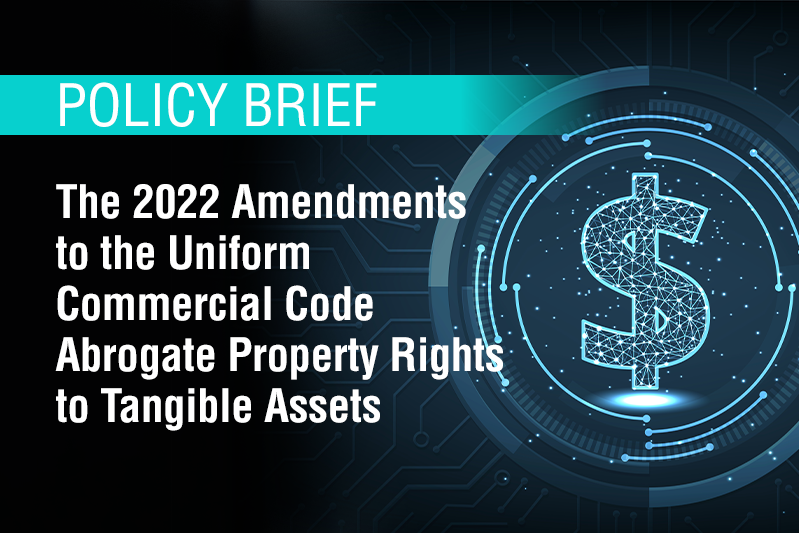Recently, California legislators dealt a devastating blow to onerous taxes when they passed a bill that prevents grocery taxes, including unpopular and ineffective “soda taxes.” The bill, which was signed by Gov. Jerry Brown in June, will prevent these taxes for up to 12 years. Unfortunately for residents of the Golden State who live in cities that already tax beverages, such as Berkeley, Oakland and San Francisco, the proposed bill would not end these burdensome taxes.
The bill emerged under unique circumstances, representing a once-in-a-blue-moon political compromise between California legislators and beverage industry executives. Legislators agreed to pass the bill to prevent a proposed ballot measure that would have required all local jurisdictions to obtain a two-thirds majority vote, instead of the current 50 percent, to raise taxes.
This supermajority requirement, as opposed to the normal 50 percent, would have ensured that tax increases face a greater hurdle to jump. Putting this parliamentary tactic in place would vastly decrease the possibility of out-of-control government budgets. A supermajority requirement is a tax reform policy all states and the national government ought to consider.
One of the motives for implementing beverage taxes is that tax proponents say these taxes improve public health. However, it has never been proven beverage taxes lower obesity rates or make Americans healthier. Although increasing the cost of sugary drinks decreases consumption of these beverages, the losses are often offset by increases in other sweetened drinks, or even beer, according to a study by Jason Fletcher, David Frisvold and Nathan Tefft published in the Journal of Public Economics.
Other unintended consequences of the soda taxes include: Consumers will continue to purchase beverages, but simply outside of the beverage tax zone; grocery stores and mom-and-pop shops will lose revenue and be burdened with implementing the excessively complicated tax at the point of sale; and it will be difficult for consumers to know which products fall under the new taxing regime.
Some beverage tax advocates argue the taxes are necessary to raise revenues. Although sin taxes, such as those on alcohol and cigarettes, sometimes increase revenue initially, they are a siren call for more government spending and almost always lead to long-term budget deficits. Further, sin taxes rarely raise as much money as their proponents say they will. For instance, a soda tax imposed in Philadelphia, which went into effect January 2017, has generated far less revenue than expected. Philadelphia predicted $46.2 million in soda tax revenue in the first half of 2017, but the actual revenue generated was 15 percent lower than the estimate (about $39.5 million), according to a report from the Tax Foundation.
Unfortunately, even the worst ideas often have strong supporters. Soon after the California bill passed, Golden State medical groups lobbied for a statewide tax on sugary drinks. The medical executives claim the revenue is needed for “critical health programs,” although California spent a whopping $292 billion on health care in 2014, according to the California Health Care Foundation. If successful, the tax would balloon into a statewide behemoth, harming all California residents and businesses and funneling even more tax dollars into a state that has shown absolutely no accountability when spending tax dollars.
California voters, beware! Your fellow residents are fleeing the once-prosperous Golden State in droves in favor of low-tax, business friendly states. Voting for additional taxes would only cause this negative cycle to worsen.
Instead of creating or increasing taxes, cities and states should pass tax reforms that lower rates, put dollars back into taxpayers’ pockets, and limit out-of-control government spending.
[Originally Published at the Orange County Register]





